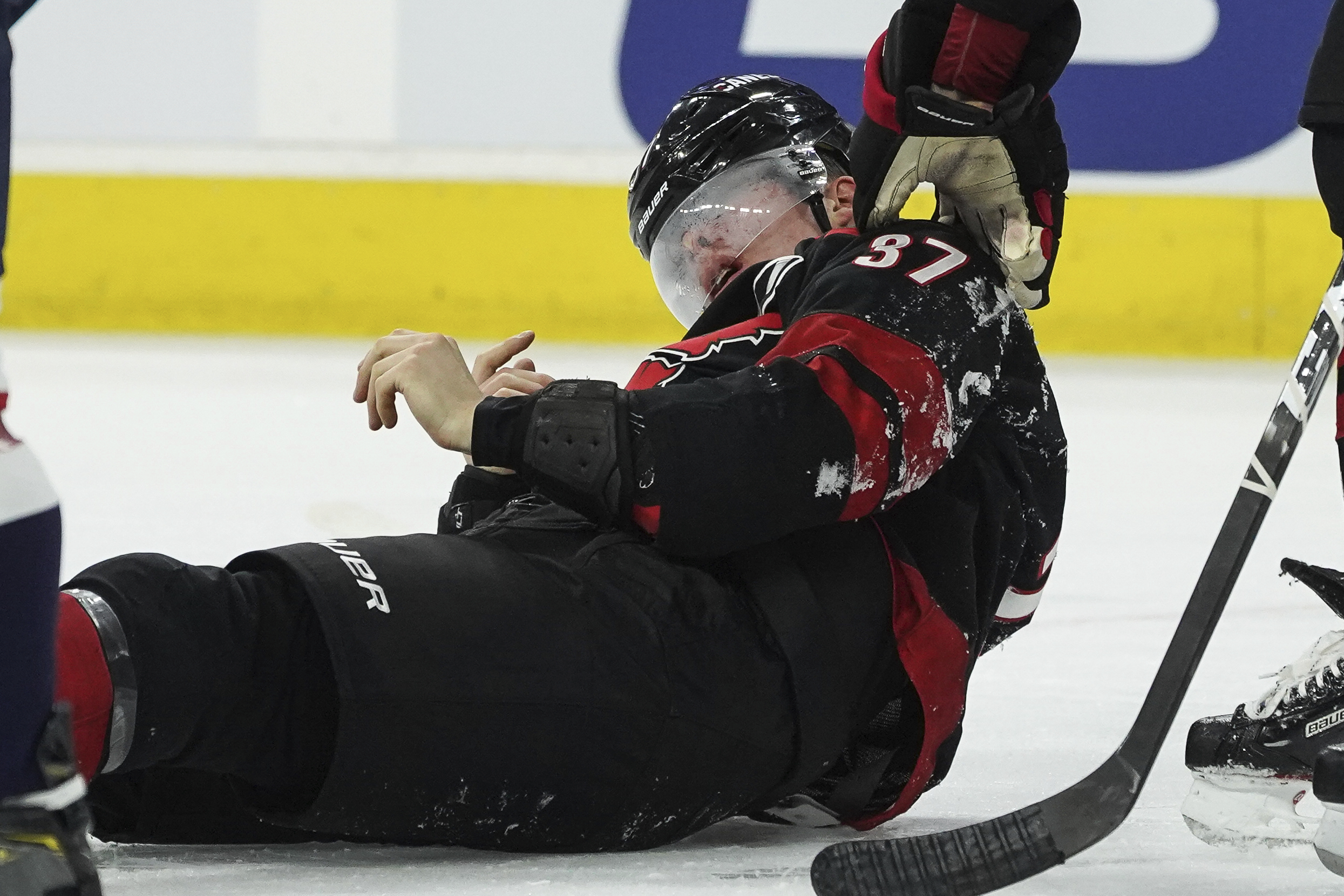Sign up for The Media Today, CJR’s daily newsletter.
The sports industry, which accounts for 2 percent of global GDP, is made up of several publicly subsidized, self-regulating bodies. Each has near-complete control over its sector.
These organizations aren’t just unchecked by competition, they’re also largely free of government oversight. This void has left room for widespread abuse of every kind—racial, sexual, financial, human rights. The few reform organizations that do exist are typically funded by the sports industry itself.
The challenges are about to get worse as the industry is increasingly influenced by nondemocratic, repressive states including Saudi Arabia and China. And yet in the past year, many of the outlets that reliably provided journalistic scrutiny of the sports industry have dramatically scaled back their coverage or shut down.
This lack of accountability in sport has meant that investigative reporters must play a critical role in informing the public. Over the past two decades they’ve exposed the link between concussions and brain damage, the dangers of performance-enhancing drugs, and the widespread physical and mental abuse of NCAA student athletes. This critical work saves lives and money and protects the vulnerable.
But the investigative landscape is shrinking (including the end of HBO’s Real Sports with Bryant Gumbel, where I worked for seventeen years). A lot of the remaining sports coverage—much of it funded by the industry itself—skews closer to boosterism than journalism and is published or broadcast by entities more concerned with access than accountability.
For example, in the United States, wealthy team owners receive billions in public dollars, which depletes the public coffers of some of the country’s poorest cities. But due to the glowing coverage teams typically receive—both in the local press and on TV broadcasts—owners are often seen as local benefactors, not recipients of public money.
Relatedly, the sports industry spends millions on lobbying and political contributions. But the press doesn’t regularly report on these matters—in part, it seems, because for-profit local media outlets want a sports franchise in their community to boost ratings and readership. Moreover, there is great fear of losing access to local franchises, owners, games, and athletes.
The lack of a strong investigative culture in sports journalism can have a devastating impact on children and young adults, millions of whom play organized sports. For example, the NCAA’s own data show their athletes are the most abused workers in America, a story that gets very little coverage.
At the high school level, upper-income families increasingly prohibit their children from playing football, given the known risk to brain health; yet few reporters are scrutinizing the troubling ways in which coaches are recruiting poorer children to fill out their rosters. These are stories with extraordinary health, safety, and ethical implications but are far too often ignored or treated with a collective shrug.
So what, if anything, can be done?
The good news is that many of the entities that play a major role in sport—high school teams, college teams at public schools, government entities that subsidize stadiums—are public institutions and subject to open-records laws. Relatedly, a lot of the questionable special treatment—tax policy, regulatory policy, corporate welfare—occurs through lobbying, political donations, and influence peddling, both in Washington and in state capitals. This too is publicly accessible information.
Additionally, since people often go into sports for idealistic reasons, there are ample disaffected current and former employees of sports organizations willing to share details of misconduct.
Some people are doing the work of turning these potential sources into journalism, of course, but not nearly enough. What is needed is long-term stable support for investigative reporting on the sports industry.
Nonprofit investigative journalism has brought increased accountability to other industries, saving precious public resources and preventing exploitation of vulnerable communities. A comparable effort is needed in sport.
Major donors have typically framed their support for independent journalism as a means to establish trust in civic institutions, reduce divisiveness across the body politic, and strengthen democracy. In all these ways, supporting investigative sports journalism is a good bet.
The American public has an enduring and overwhelming interest in sports. The philanthropic community has an opportunity to help sports journalists find a sustainable model for investigative reporting on the industry. The time to do it is now.
Has America ever needed a media defender more than now? Help us by joining CJR today.



